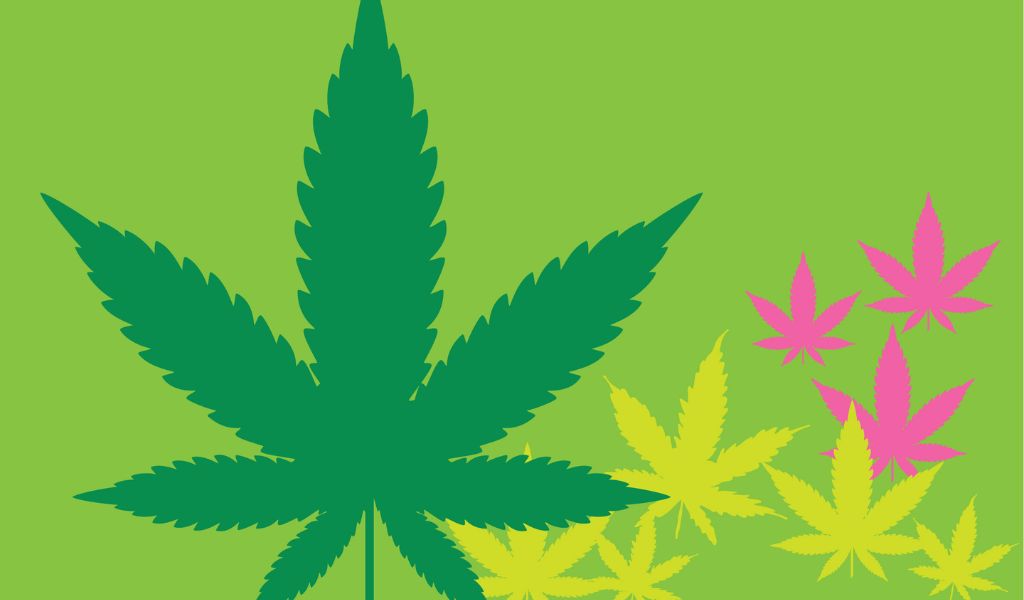Cannabis, another name for marijuana, is a plant that contains psychoactive substances that can affect a user’s mood, perception, and thought process. Although it is prohibited by federal law in the United States, some states, like Pennsylvania, have allowed its medical usage. Here are some important facts about Pennsylvania’s marijuana regulations.
Pennsylvania’s use of medical marijuana
- With the passing of the Medical Marijuana Act in 2016, Pennsylvania legalized medical marijuana.
- The measure allows people to acquire marijuana products from legal dispensaries and seek certification from a certified physician if they meet one of the 23 qualifying diseases, which include cancer, epilepsy, chronic pain, PTSD, and autism.
- It creates the Medical Marijuana Advisory Board, which will supervise the execution of the program, regulate it, and offer suggestions for future legislative revisions.
- Only non-smokable marijuana products, such as tinctures, oils, tablets, topicals, and vaporizers, are permitted. In Pennsylvania, it is still unlawful to smoke marijuana or grow it, even for medical use.
- The statute charges a $50 yearly fee to patients and caregivers who choose to participate in the program, in addition to a 5% tax on the gross receipts of marijuana growers and processors.
Pennsylvania Legalizes Marijuana for Recreation
- In Pennsylvania, marijuana use for recreational purposes is still prohibited and carries criminal penalties for possession, production, distribution, and use.
- Up to 30 grams of marijuana are considered a misdemeanor, punishable by up to $500 in fines and a 30-day prison sentence. More than thirty grams is considered a felony, punishable by up to five years in prison and a fine of $15,000.
- Any amount of cultivation is illegal and is punishable by up to ten years in prison and a $25,000 fine.
- Distribution of up to 30 grams without payment is a misdemeanor, punishable by a $500 fine and a possible 30-day jail sentence. A crime carrying a maximum five-year prison sentence and a fine of $15,000 is defined as more than 30 grams or for profit.
- Marijuana use in public is a summary infraction that carries a $25 punishment.
- Driving while high on marijuana is a misdemeanor that carries a $1,000 fine, a 12-month license suspension, and up to six months in jail.
- Philadelphia, Pittsburgh, Harrisburg, York, and other Pennsylvanian counties have decriminalized or lowered the penalty for possession and consumption. In these places, using marijuana in public is punishable by a $100 fine, while possessing up to 30 grams is punishable by a $25 fine.
Pennsylvania’s Potential for Legalization of Marijuana in the Future
- Pennsylvania has seen several attempts to legalize marijuana for recreational use, but none of them have been successful as of yet.
2019 saw the endorsement of Lieutenant Governor John Fetterman and Governor Tom Wolf following a statewide hearing trip that demonstrated widespread public support. - As part of his COVID-19 alleviation plan in 2020, Wolf suggested legalizing, putting a focus on racial inequities in the criminal justice system, job creation, and money generation.
- Due to worries about public health, safety, and morality, the Republican-controlled legislature has continuously rejected or defeated proposals that would have legalized marijuana for recreational use.
- As a result, Pennsylvania’s prospects for legalizing marijuana for recreational use remain murky and contentious, depending on the political will and public sentiment of the state’s legislators and constituents.
In Summary
In conclusion, the Medicinal Marijuana Act of 2016 legalized medicinal marijuana in Pennsylvania, enabling patients with qualifying conditions to purchase non-smoking marijuana products from licensed dispensaries. The state levies a 5% tax on marijuana farmers and processors in addition to a $50 yearly charge for program members. Nonetheless, the use of marijuana recreationally is still prohibited, and distribution, possession, and cultivation of the drug are all crimes. Pennsylvania’s chances are dubious despite efforts to legalize recreational use since they depend on public and political opinion as well as legislative actions that have not yet supported such proposals.

